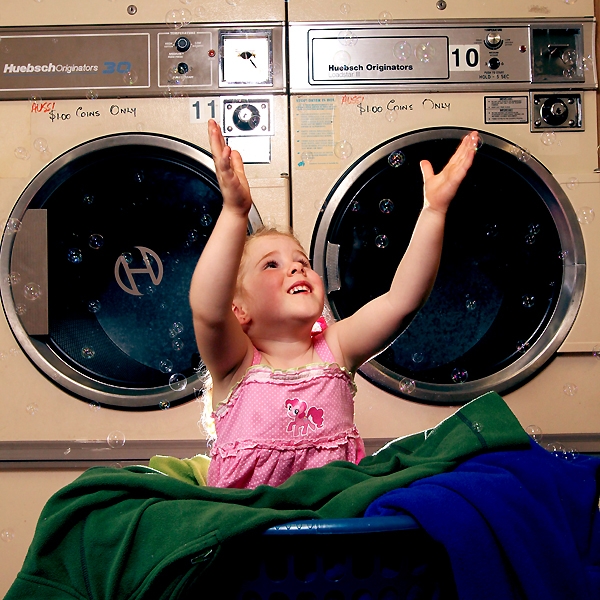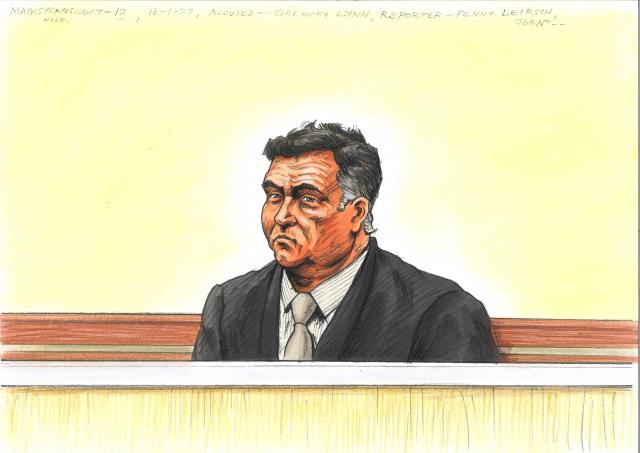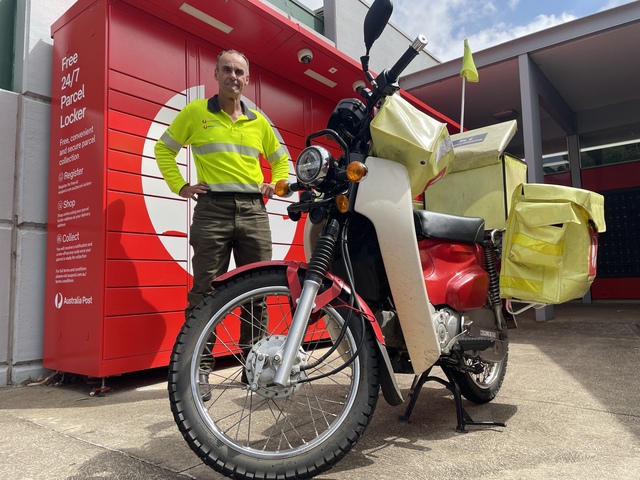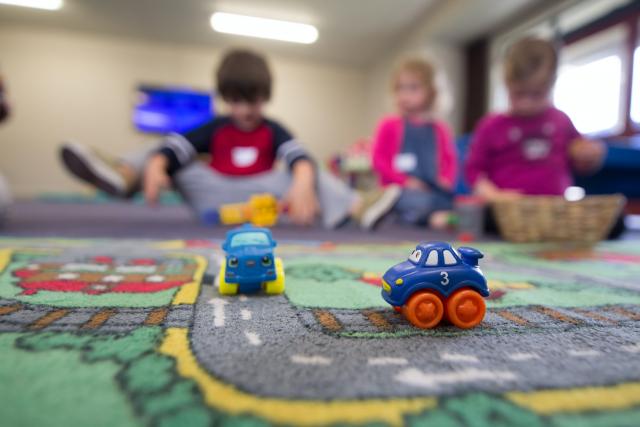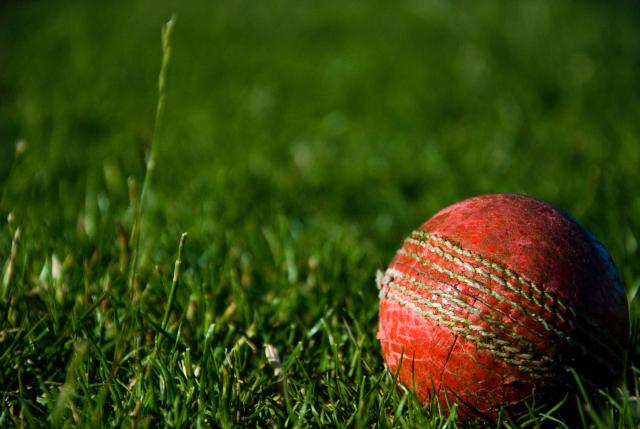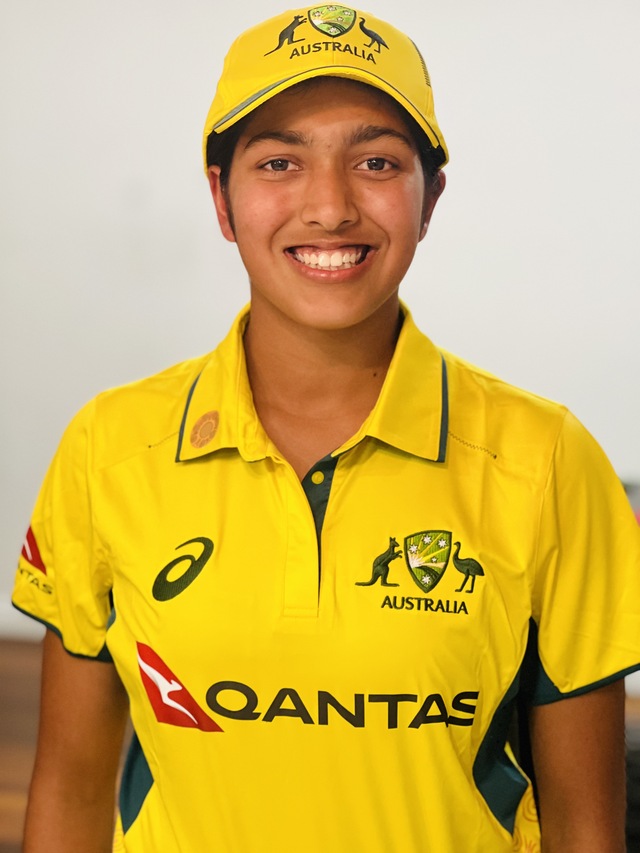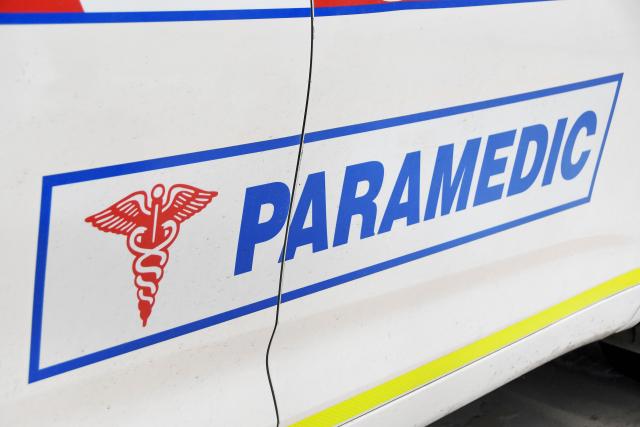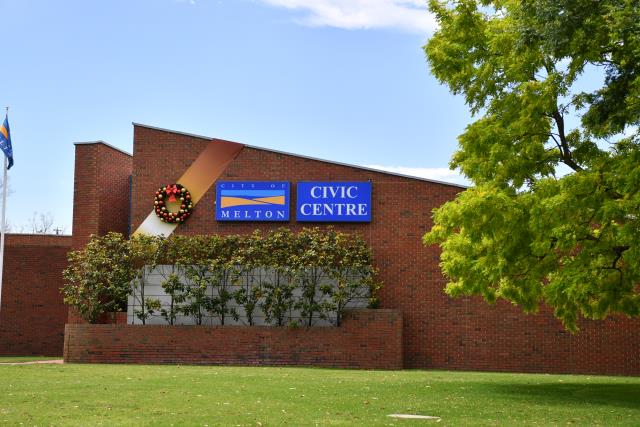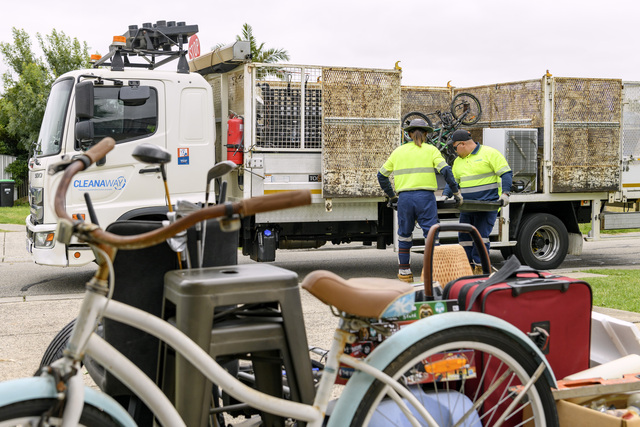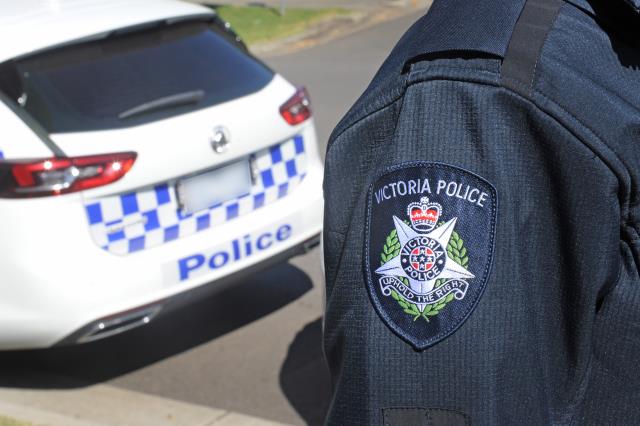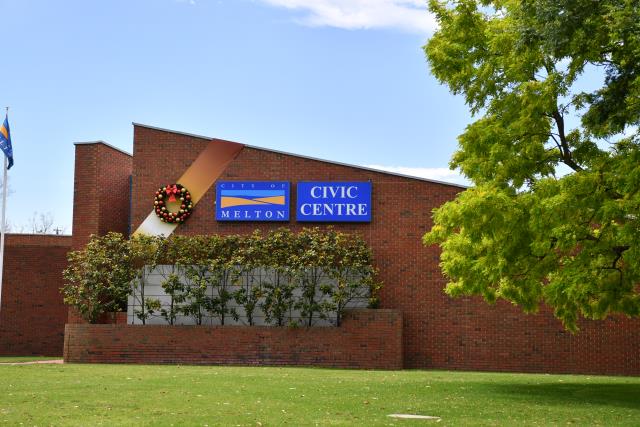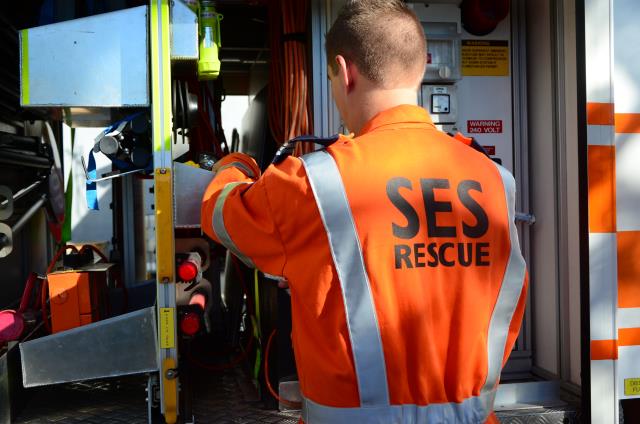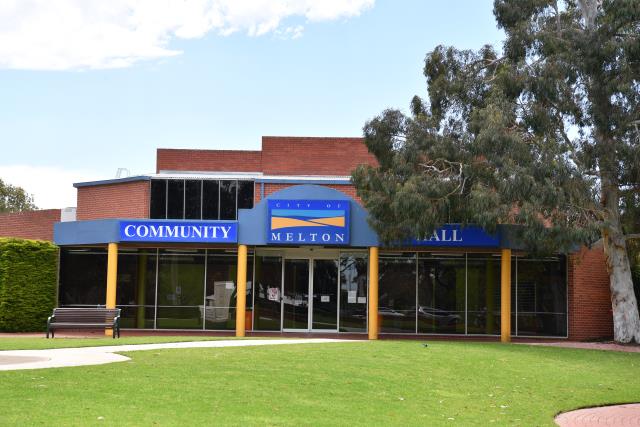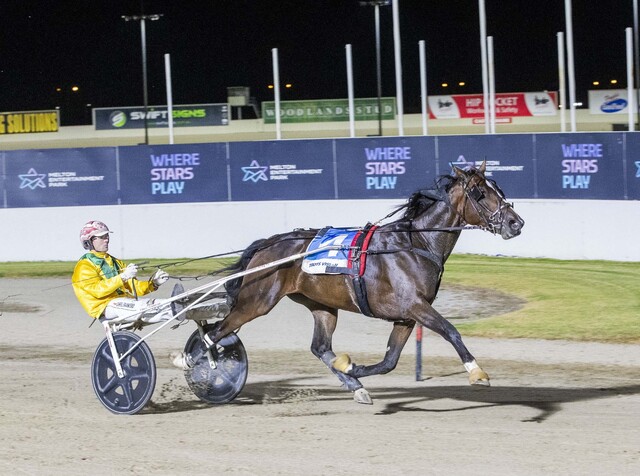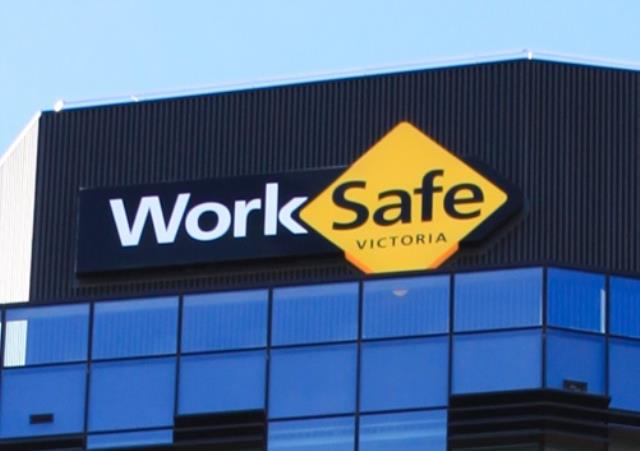It’s 50 years since the coin-operated laundromat became part of the high street. We set Sarah Harris on spin cycle to see what comes out in the wash.
IT’S somehow fitting that the man who coined the word “laundromat” was also responsible for introducing the expression “time capsule”.
Stepping into Rainbow Bubbles in Coburg is strangely redolent of student days when the whole share household – people and linen – was bundled into the Cortina for the long-overdue trip to the laundrette.
It was 1985, the same year British model Nick Kamen strutted into a 1950s-style laundromat, stripped off his 501s and stood about nonchalantly in his white boxers waiting for them to wash in the TV ad that famously revived the fortunes of Levi.
“Happens all the time,” Rainbow Bubbles owner Frank Borg laughs. “Well, maybe not all the time, but I have seen it a couple of times where people have gone in and stripped down to their jocks and washed their clothes.
“But that’s not what amazes me about this business. What I really can’t work out is the number of people who leave their washing behind.
“It is not dirty washing they are dumping. They are clothes – whole loads – that have been washed and sometimes even dried.
“The first time it ever happened I thought maybe the owner had died. But then it happened so often I thought, they can’t all be dying.
“I mean, like hello! I have your undies, your socks, all your T-shirts, your favourite jeans. Surely you are going to notice them missing at some stage?
“Maybe one in 20 ever come back looking for it – even then it’s usually three months later.”
It’s a story told by almost every laundry owner – apparently one of the strange quirks of a business which is arguably one of the more overlooked aspects of our social history.
The first coin-operated laundry in Australia was established by the late David Cameron in Brighton Road, Elwood.
After leaving the navy, Cameron, an American WWII sailor who gave his heart to an Australian girl, debated whether to introduce the car wash or laundromat to his new home country. He decided there were not enough cars for the former.
His son John takes up the story. “So he set up the first coin-operated, self-serve laundry. It was a roaring success with the public.
“A lot of other people saw that and started asking him where he got the equipment and how they could do the same. From that he saw another opportunity, to become a provider to the industry.”
That company, Speed Queen Equipment Sales, is still responsible for setting up and servicing most of the estimated 350 laundrettes in Victoria.
Jim Bradley opened Woodend Laundromat in 1987 as an adjunct to his established curtain and blind business. “We had a girl working for us at the time who used to travel over to Kyneton to use the laundromat there and she said heaps of people from Woodend went to Kyneton.
“The business here is based more on drying than washing. Weather is a big part of it.
“There are surprising numbers of people who don’t own a washing machine and don’t want to. And there are others who culturally are used to communal laundries. A lot of people from the British Isles, for example, grew up without washing machines in the home.”
Helen, for example, is washing in Woodend’s High Street because the charming historic cottage she uses as a holiday home is too small for a washing machine and she grew tired of lugging all the weekend washing back to Melbourne.
Over in Sunbury, Lauren and Luke Taylor and their son Levi, 3, are visiting the Melba Laundrette because their washing machine died.
“To be honest, since I’ve been coming here I don’t think I want to spend the money on a new one,” Lauren says. ‘‘It’s just too easy here to get it all done at once in the big machines.”
“You would think this is not a contact business, that it is a faceless thing,’’ Melba Laundrette owner Liz Willmott reveals, ‘‘but I have heard more stories here than I ever heard in retail.
“Like, we had a customer in last week and I just felt so, so sorry for her. She had been flooded out in Bulla and absolutely everything
she owned was in here being washed and dried.”
Like many laundromat operators, Liz and husband John were attracted by the autonomy it allows.
“You have to be on call and you do have to have a good business. You have to be very mindful that it’s clean and tidy and serviced well. But it is an income where you have a bit more freedom. You don’t have to be there every single tick of the clock.”
Brights ’N’ Whites in Darley was a godsend for rural families during the drought. “It was go, go, go during the drought … people who had to rely on tank water and buy in water,’’ owner Helen Cook says.
“We still get a lot of families. Some of them are so busy during the week and, with all the activities the children have, they figure they’ll strip all the beds, bring it all down here and it is all done.
‘‘If you have four or five beds to do it is a full day’s washing in a domestic machine.”
As far as laundromats being a litmus of society, Mearal Dalstead, owner of Melton South Laundromat, observes a lot more men using them now than she used to see when she set up the business 20 years ago.
“One of the things that does happen quite often is that the wives will put it in and then they will send the husband to pull it out, but they forget which machine and go home with altogether the wrong clothes,” she laughs.
Some strange things indeed do come out in the wash.

